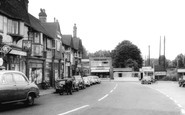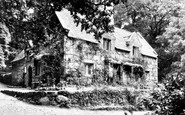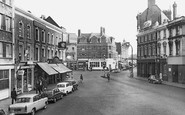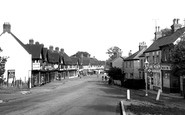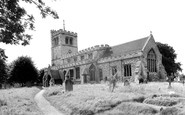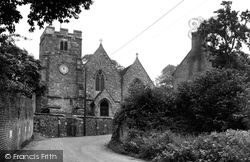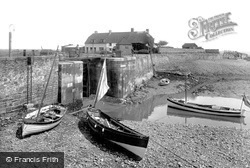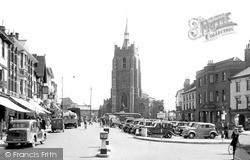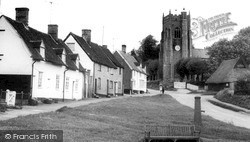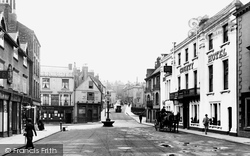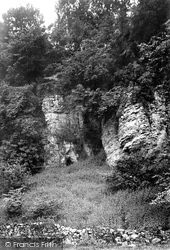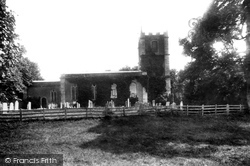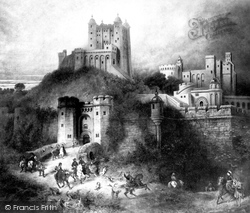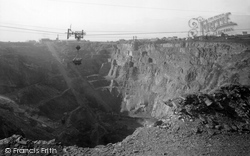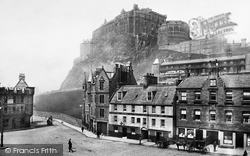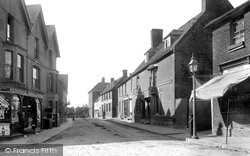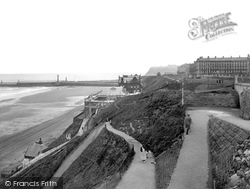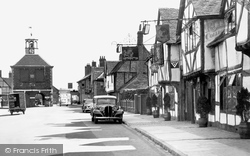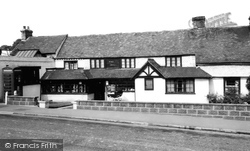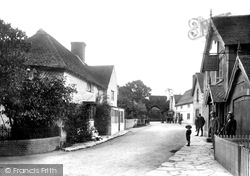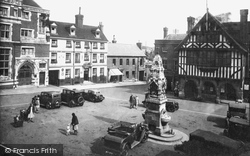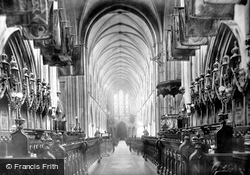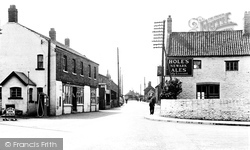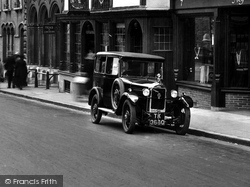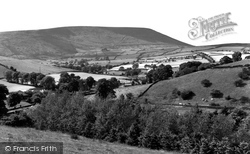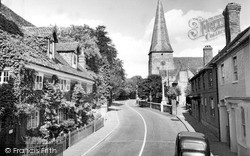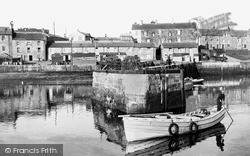Places
Sorry, no places were found that related to your search.
Photos
Sorry, no photos were found that related to your search.
Maps
1 maps found.
Books
Sorry, no books were found that related to your search.
Memories
826 memories found. Showing results 61 to 70.
The Green Room Kittens!
My Mum and Dad used to take my sister and I to ‘The Green Room’ tea shop too, usually on a Saturday morning. We used to enjoy a large homemade shortbread biscuit! I remember the animal charity box at the door too, it was of ...Read more
A memory of West Byfleet by
The Bringing Of Buckland Lower Lodge Into The 20th Century.
I am Jeannette McNicol (nee Elliott). My brother John and I moved there with my parents ,when I was 13 years old and he was 12. I had found the house when we were having a ...Read more
A memory of Buckland in the Moor by
Growing Up In The 70's
I moved to Pantymwyn in the 70s when I was 4. I have wonderful memories of growing up there. So much so that after 20 years of travels and adventures I have once again returned to live in our beautiful village. One time I ...Read more
A memory of Pantymwyn by
Childhood In Fulham.
I grew up living in Kingwood Road in the flats, firstly the last block 25a then when I was 5yrs to the first block 1f,which hold most of my memories. We would as kids in the street roller skate,play hopscotch,stretch our skipping ...Read more
A memory of Fulham by
A Miners Son Growing Up
IT'S DIFFICULT TO IMAGINE OVER 55 YEARS HAVE PAST SINCE I WAS LAST IN PEN-Y-BANK. MY FATHER WAS A COAL GETTER IN MORGANS LEVELS, A HARD MAN THAT WENT BY THE NAME OF LEN THOMAS, OR BETTER KNOWN AS LT. I WAS ONLY 8 YEARS OF ...Read more
A memory of Pen-y-bank by
The Awakening
On the right of the photograph the second shop belonged to Arthur Sansom, the Newsagents and Confectioners. It has a sign board above the shop front: PICTURE POST. In the Easter holidays of 1959 at the age of 14½, I took my first ...Read more
A memory of Locksbottom
Good Mates And Grown Ups
I was born in 1937 at Steed Road Muswell Hill. 1938 moved to 137 Northview Road opposite the alley leading to the playing fields. Used to go that way to school at Crouch End sec mod. First school Campsbourne Road Primary. It ...Read more
A memory of Hornsey by
Roecliffe Manor Or Charnwood?
I think this was the convalescent home I was sent to in 1947 when I was 5 years old. My family referred to it as "Charnwood" which is confusing me. The picture is vaguely familiar.though. I was very unhappy ...Read more
A memory of Woodhouse Eaves by
Tithe Farm Days
I grew up in Houghton Regis in the 1960s, we were a big family, and seemed to go to all the schools, including Houghton Regis Upper, Northfields, Queensbury, Manshead. My dad moved there for work from London before I was born so ...Read more
A memory of Houghton Regis by
Boyhood And Teenage Years In Chopwell By Douglas Hind
I was born on 23rd. September 1928 son of John and Frances May Hind; we lived in Hall Road Bungalows until 1935 when we moved to Joseph Terrace. I attended the Infant and Junior schools-headmaster ...Read more
A memory of Chopwell by
Captions
231 captions found. Showing results 145 to 168.
A short stroll from the toll bridge brings you to the little church of St Mary's. Above the altar hangs an impressive picture of the Last Supper.
The name of the small boat, 'Emily', and that of her owner, one T Ley of Porlock Weir, can be readily identified from the stern sheets.
Here we see that the tide has surged up the River Fowey and has filled the broad, tree-lined River Lerryn.
The market is now filled with parked cars, vans, lorries and buses, with at least seven traffic signs in sight.
The tapering village green leads up to St Peter's Church. The 15th-century tower with flushwork battlements and pinnacles had a short spire until 1845.
On the right is that well-known hotel, the Royal County, created in the 19th century out of former town houses belonging to the Ratcliffe and Bowes families.
Billy Banks Wood, prominent in views from Castle Walk, is ancient 'hanging' woodland clinging to limestone rock on the south bank of the River Swale just west of Richmond Castle.
The chandelier came from Andover's St Mary's when that church was rebuilt from 1842. The Georgian font is from another church.
This romanticised version of life at the Castle in medieval times can be seen in the Town Hall. It was painted by James Waylen, born in Devizes in 1810, the son of a clothier, Robert Waylen.
This famous slate quarry is the deepest in England, the result of centuries of work. Although the great days of the 19th century had passed, there were still over 300 men employed here in 1938.
The site of the Marquis of Montrose's execution was not here, but at the Mercat Cross in the High Street. Having been declared a traitor in 1644, Montrose was not given the benefit of a trial.
The narrow high street leading to a small square boasted a varied selection of businesses at the turn of the last century.
The narrow high street leading to a small square boasted a varied selection of businesses at the turn of the last century.
Here we see the well-loved old glass-roofed Floral Pavilion with the Spa Theatre behind.
The photographer has now moved west down the High Street, a superb long and wide street lined by timber-framed and brick houses - one of the best historic townscapes in Buckinghamshire.
Immediately south-east of Lingfield lies the race course, founded in 1890, and beyond that is the next station on the railway line, Dormans.
The historic core of Charlwood is to the west of the view seen in photograph No 54172, by the medieval parish church of St Nicholas which was restored by William Burgess in 1858.
On the left is Barclays Bank, next to the Rose and Crown, which was gutted by fire in 1969.
The choir and the nave, looking west. The clear tradition with the English cathedrals is apparent in the richly carved choir stalls and the regalia.
The Crown Inn (right) still looks the same, but the stone wall has been reduced in height.
This is a closer view of the car in the previous picture. This Singer Junior was first registered in Dorset in November 1929. The vehicle cost about £140, and had a top speed of 56 miles per hour.
The ancient name for the village is Barelegh (meaning 'wasteland'), but lush meadows now support flocks of sheep.
The High Street starts to curve its way around the church, and motorists were no doubt aided by the solid white line in the middle of the road.
Seahouses grew up in 1889, when the harbour was built to improve the fishing industry in the area.
Places (0)
Photos (0)
Memories (826)
Books (0)
Maps (1)

